Question And Answer
Publications
Articles, publications, books, tools and multimedia features from the U.S. Institute of Peace provide the latest news, analysis, research findings, practitioner guides and reports, all related to the conflict zones and issues that are at the center of the Institute’s work to prevent and reduce violent conflict.
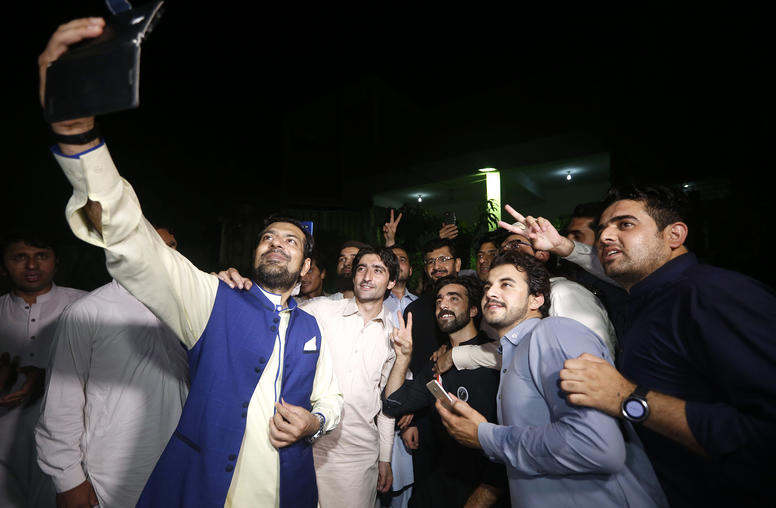
Extending Constitutional Rights to Pakistan’s Tribal Areas
When Pakistan’s Federally Administered Tribal Areas were officially merged into Khyber Pakhtunkhwa Province in May 2018, the five million residents of the former tribal areas acquired the same constitutional rights and protections—including access to a formal judicial system—as Pakistan’s other citizens. This report, based on field research carried out by the authors, explores the status of the formal justice system’s expansion, finding both positive trends and severe administrative and capacity challenges, and offers recommendations to address these issues.
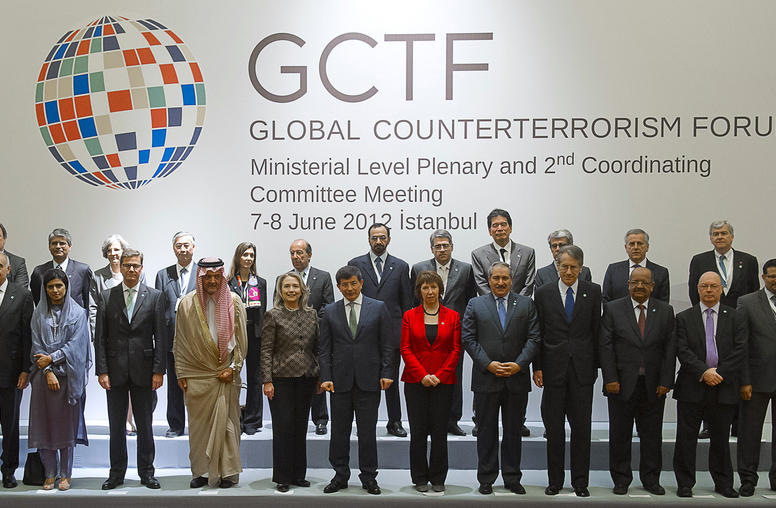
Preparing the Global Counterterrorism Forum for the Next Decade
In the two decades since the 9/11 attacks, terrorist networks have become more global and interconnected even as they remain locally tethered. The transnational and localized nature of the threat underscores the continued importance of international cooperation in all aspects of a response. This report explores the work of the Global Counterterrorism Forum, launched in 2011 to energize such cooperation, and how best to position it for an effective and far-reaching future.
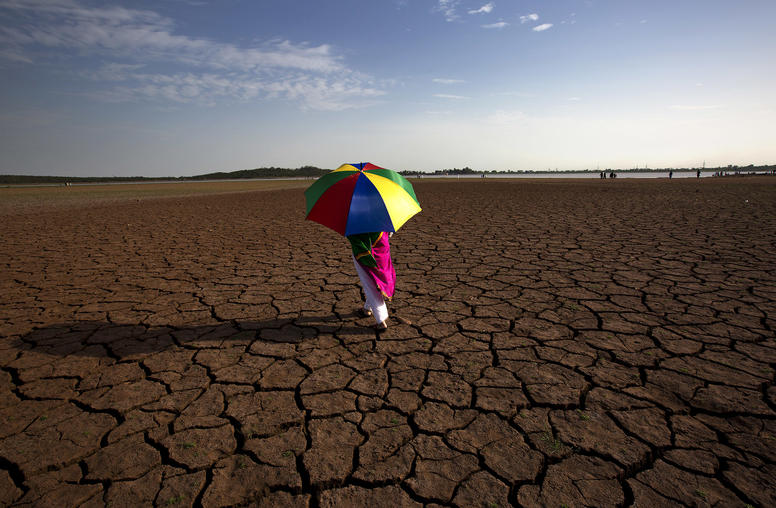
Water Conflict Pathways and Peacebuilding Strategies
No modern states have ever declared war over water. In fact, nations dependent on shared water sources have collaborated far more frequently than they have clashed. Nevertheless, global surveys have counted over forty hostile, militarized international actions over water—from riots to border skirmishes to larger battles—in the first six decades after World War II. This report reviews the pathways that link water resource pressures to conflict risks and describes how peacebuilding strategies such as water diplomacy can help mitigate these risks.

Sarhang Hamasaeed on the New Iraqi Prime Minister’s U.S. Visit
As Prime Minister Mustafa Al-Kadhimi makes his first official visit to Washington, USIP’s Sarhang Hamasaeed says the trip is a chance to reset relations between the two countries, but “it’s really important to not define the relationship … just in terms of security,” and also focus on Iraq’s economic challenges and recovery from ISIS.
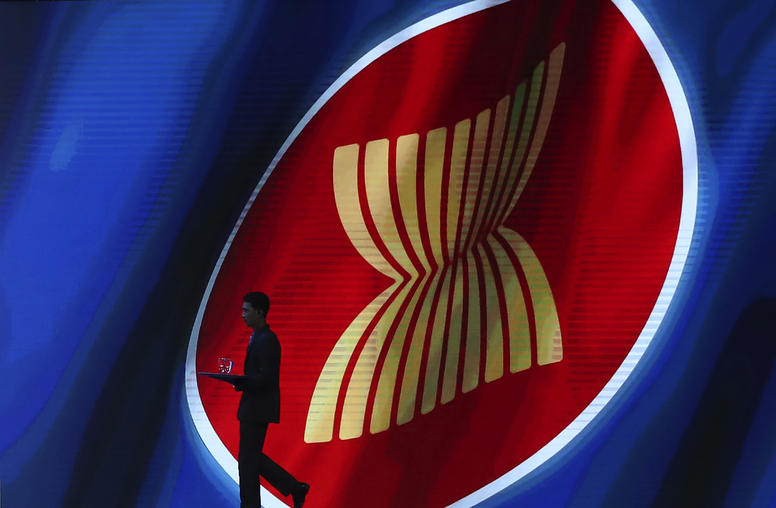
Built for Trust, Not for Conflict: ASEAN Faces the Future
In the more than five decades since the founding of the Association of Southeast Asian Nations, relations among its member states have remained generally peaceful, and major interstate conflict has been all but eliminated. Yet, ASEAN now faces significant challenges, not least from competition between the United States and China that threatens to draw individual ASEAN countries into taking sides. This report discusses ASEAN’s role in maintaining peace and stability in Southeast Asia and how it can adapt to a rapidly evolving geopolitical climate to meet future challenges.

Susan Stigant on Mali’s Military Coup
After months of public protests, a military coup has toppled Mali’s government. USIP’s Susan Stigant looks at the path forward, saying “there’s a real tension in trying to figure out how to restore that constitutional order without necessarily going back to the status quo prior to the coup.”
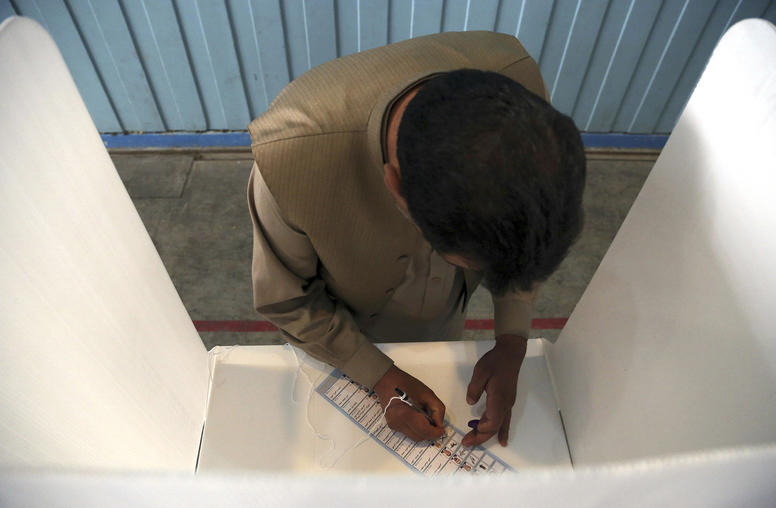
Assessing Afghanistan’s 2019 Presidential Election
Afghanistan’s current electoral system structures Afghan political dynamics, shapes election-day outcomes, and influences competition between organized interest groups in Afghanistan. Drawing on a unique set of results data from the September 2019 presidential election and past elections, this report analyzes where and how prospective Afghan voters were able to participate in the 2019 polls, the decision making behind and adjudication of disputes over which votes would be counted as valid, and how the available results compare with political trends evident in prior elections.
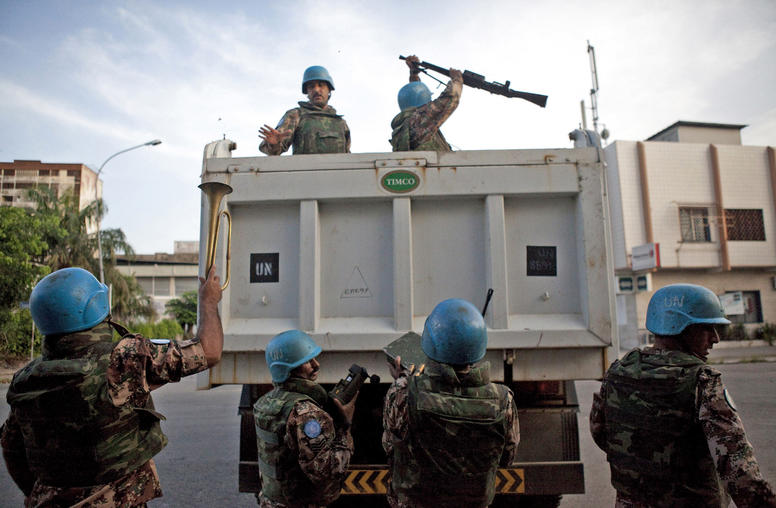
Preventing Sexual Exploitation and Abuse by Male Peacekeepers
Sexual exploitation and abuse by United Nations peacekeeping forces first came to international attention more than a quarter century ago. Despite numerous UN policy responses, the problem persists, harming individuals, jeopardizing missions, and undermining the credibility and legitimacy of UN peacekeeping operations. This report addresses the question of why more progress has not been made in preventing these violations and draws attention to ways in which prevention efforts can be strengthened and made more effective.

Robert Barron on the Abraham Accord
While a break from longstanding precedent, USIP’s Robert Barron says that normalization between Israel and the UAE was “perhaps a long time coming … [and] it definitely represents an upcoming generation of leadership in the Gulf.” Meanwhile, questions over Israel’s annexation plans continue to linger.
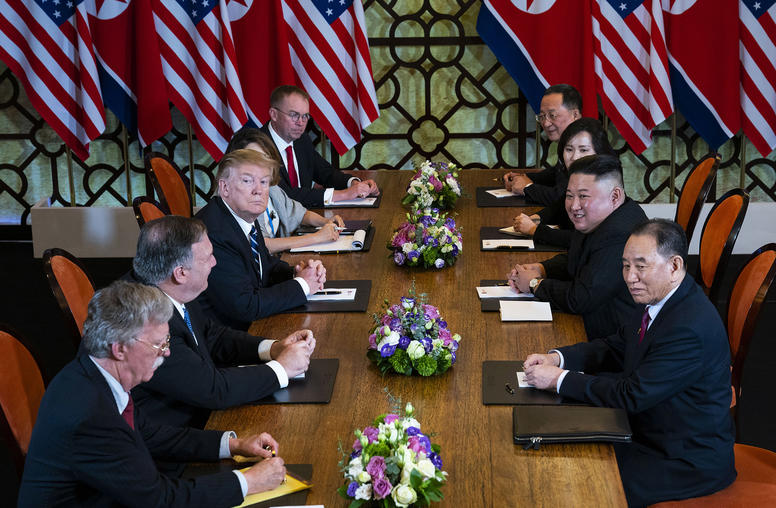
How to Engage the Enemy: The Case for National Security Diplomacy with North Korea
To help U.S. policymakers better manage the myriad risks they face on the Korean Peninsula, this report assesses whether and how to pursue national security diplomacy with North Korea. This concept of engagement responds to the National Defense Authorization Act of 2020 regarding the benefits and risks for US national security. Persistent engagement with North Korea’s national security elites, the report argues, is a policy wager with a large potential upside and very little cost and risk.